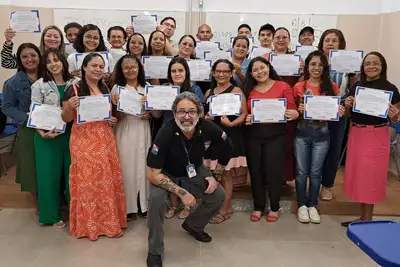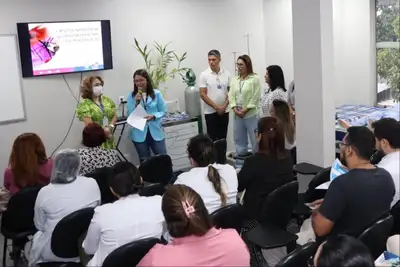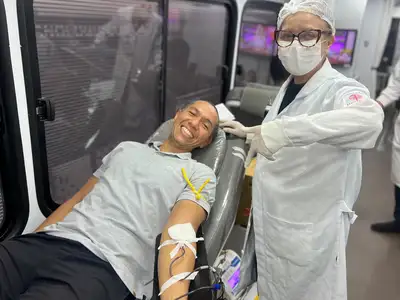Quilombola women from São Domingos do Capim provide food for public schools
With support from Emater, they will provide nearly 12 tons of agroecological snacks for three public education units operating within the collective area over the next two years.
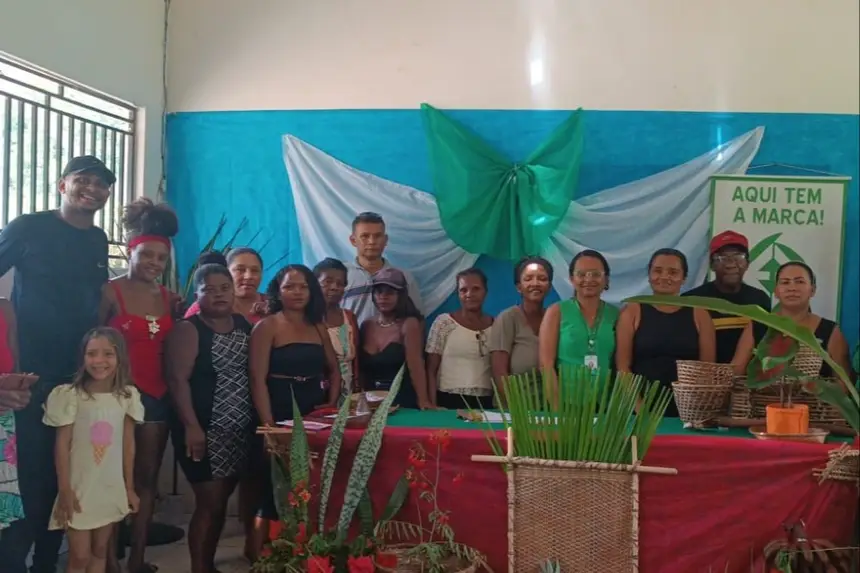
With the support of the local office of the Technical Assistance and Rural Extension Company of the State of Pará (Emater) in São Domingos do Capim, in northeastern Pará, eleven quilombola women from the Aproaga Territory will provide nearly 12 tons of agroecological snacks for three public education units operating within the collective area over the next two years.
In partnership with the city hall, the contract for the Food Acquisition Program (PAA), through the National Supply Company, was signed this Monday (3), in the Taperinha community, under the representation of the Quilombola Association Unidos do Rio Capim (AQURC).
The negotiation foresees a revenue of R$ 120,000 for the farming families so that foods such as açaí, banana, cassava, and pupunha reach 179 children and adolescents daily from the Municipal Elementary Schools (EMEF) Manoel Bernardo da Luz, Roque Bernardo da Luz, and Santa Maria III.
“There are eleven women and one man supplying at this first moment. AQURC is the first in the municipality to participate in the PAA via Conab. It is a unique opportunity, not only to strengthen family farming but also to specifically value the agricultural and food culture of the quilombola community in the region. It is an initiative that unites efforts, promotes inclusion, and reaffirms the importance of food autonomy in the communities,” says Nara Cíntia Barbosa, agricultural technician and head of the local Emater office in São Domingos do Capim.
“Achievement”
For farmer Gleiciane Santos, 34, one of the signatories of the contract, the occasion is “unique.” “I feel happy because it is a business that is debuting, inaugurating; these doors had never been opened for us before. We used to lose production due to lack of buyers, difficulty in marketing: now we produce with even more love because we are sure that everything will be bought and consumed,” she says, referring to the guarantee of commercialization in the government market at a fair price.
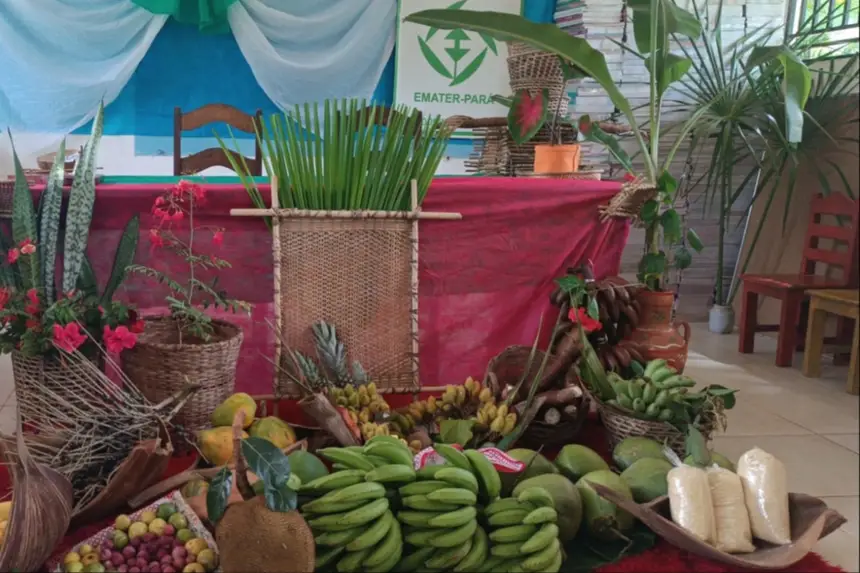
Regarding consumption, the situation takes on a special contour, as Gleiciane's three children and her husband, Robenilson Furtado, 32, study at the benefited schools: Luiz Fernando, six years old; Thaís, nine years old; and Willian, eleven years old.
“It will be a complete cycle: it goes from us and comes back to us - quality food, which is part of our traditions, which perpetuates the history of the peoples of Aproaga,” she affirms.
Text: Aline Miranda





